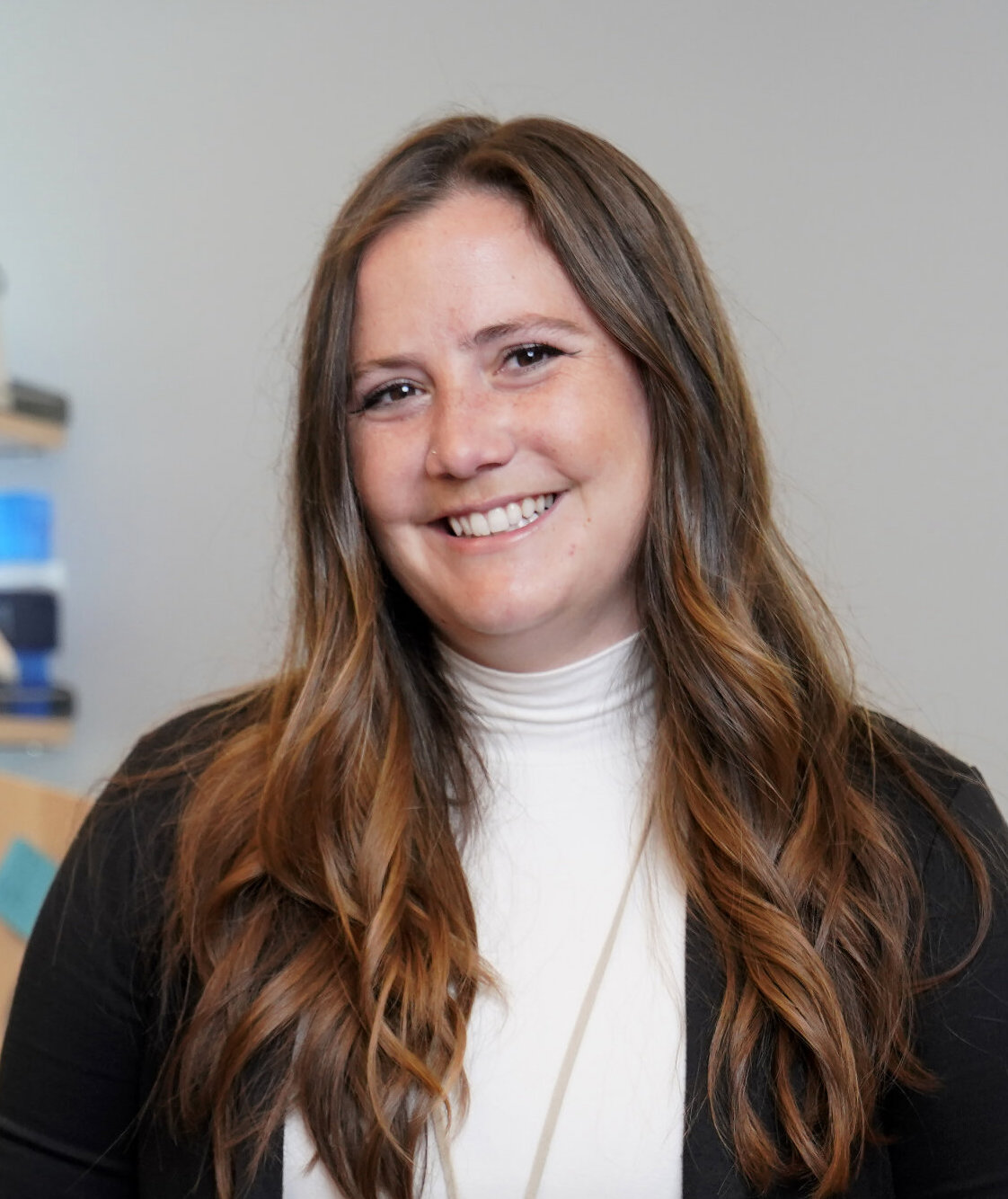Caitlin Murdoch Ph.D. is a postdoctoral fellow in the Eric Skaar lab in the department of Pathology, Microbiology and Immunology.
Caitlin grew up on Merritt Island, a barrier island on Florida’s Space Coast. After receiving her B.S. in Microbiology from the University of Florida, she moved to Durham, NC to pursue graduate studies at Duke University. There, she earned her PhD in Molecular Genetics and Microbiology in the lab of Dr. John Rawls. For her dissertation, she used zebrafish to study mechanisms by which the microbiota shape the development of the innate immune system. In the Skaar lab, Caitlin continues to use gnotobiotic zebrafish as a model to investigate the impact of metals on shaping inter-bacterial interactions in the intestine.
An interview with
our scientist:
Learn more about
her research:
Whose lab are you in, and what made you choose their lab?
I am in the lab of Eric Skaar in Pathology, Mircobiology and Immunology. I joined the Skaar lab because I wanted to understand mechanisms of metal homeostasis in animals and how they are regulated by environmental and genetic factors.
In a nutshell, what do you study?
I study Eukaryotic zinc metabolism.
Why is your research important? What is its larger impact, and/or how do you foresee it impacting public health?
All living things need zinc to survive. We cannot make zinc, so it must be obtained through dietary sources. Zinc deficiency is a global public health threat, particularly in developing countries. Understanding how zinc is trafficked to proteins provides fundamental insight into how your cells face conditions of zinc deficiency.
When you were 5, what did you want to be when you grew up?
A vet because I loved animals.
What was it about science that drew you to it?
Getting to come up with exciting questions and designing clever ways to answer them.
What has been your biggest challenge as a scientist?
Imposter syndrome.
What's next for you?
Hopefully a faculty position at a research institution.
Best way to spend time while waiting on an experiment to finish:
TikTok!
What are you looking forward to doing most, once the pandemic is under control, and life starts to return to a state of normalcy?
Traveling!


